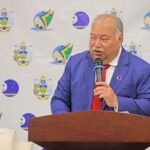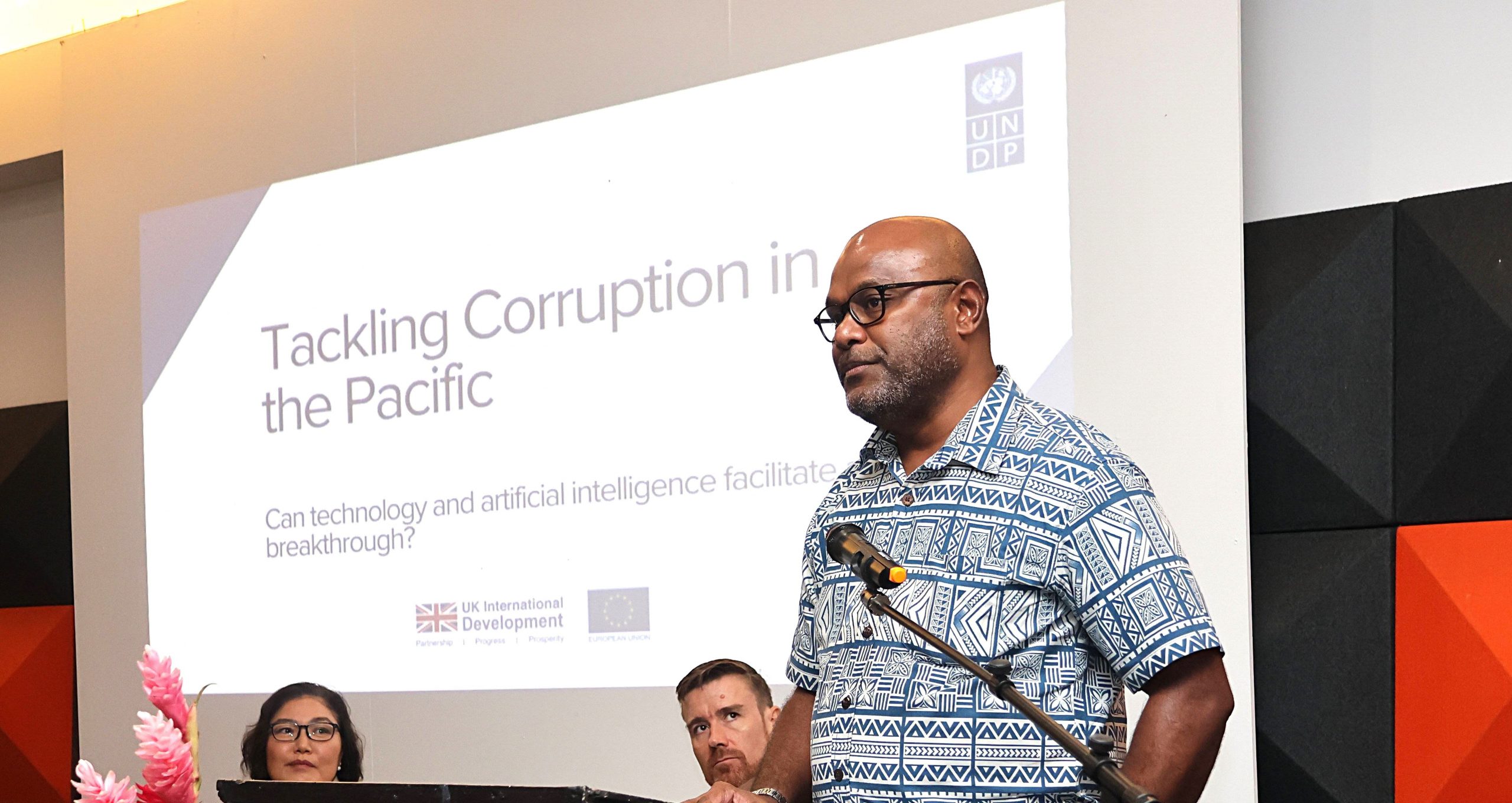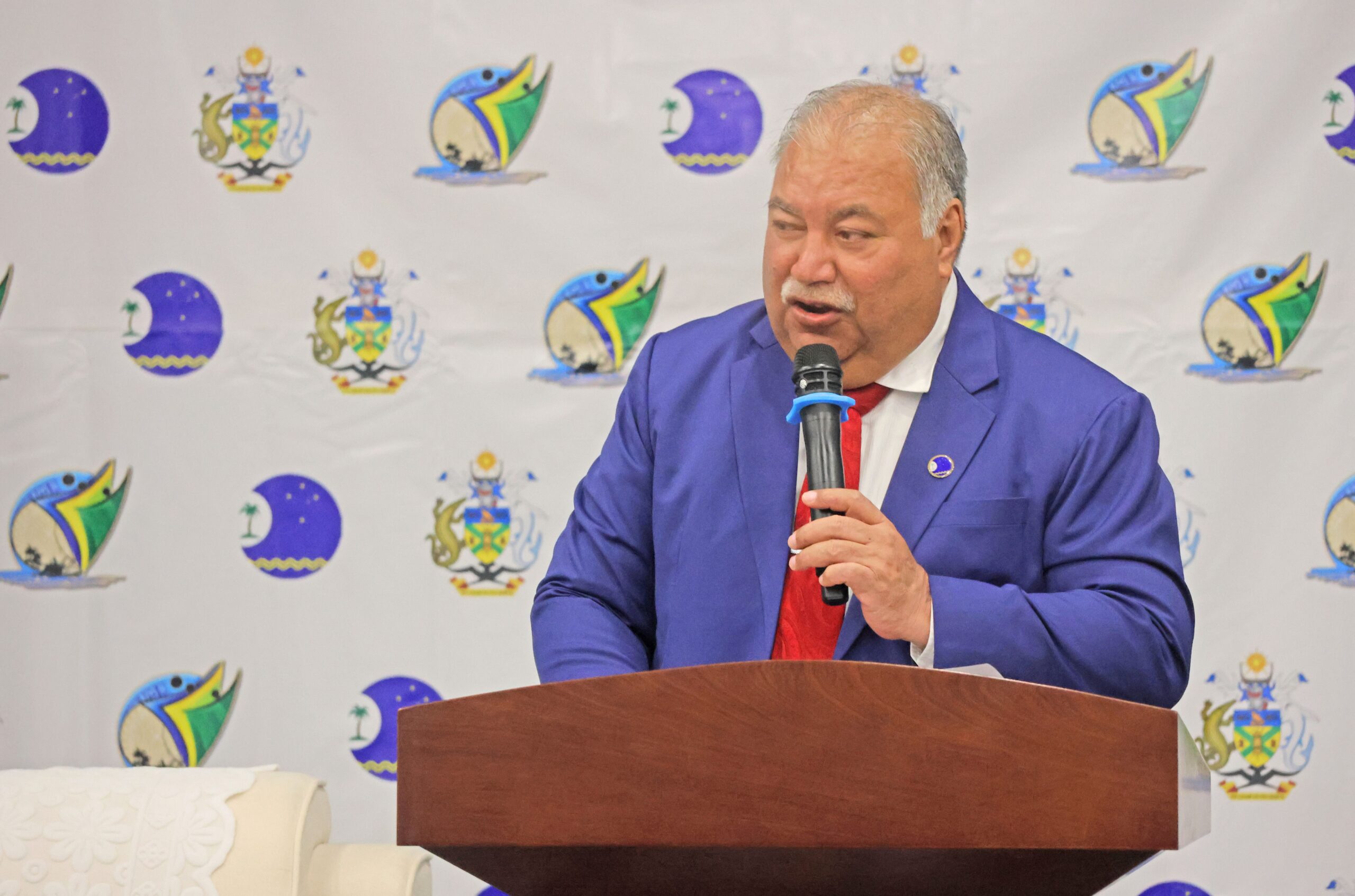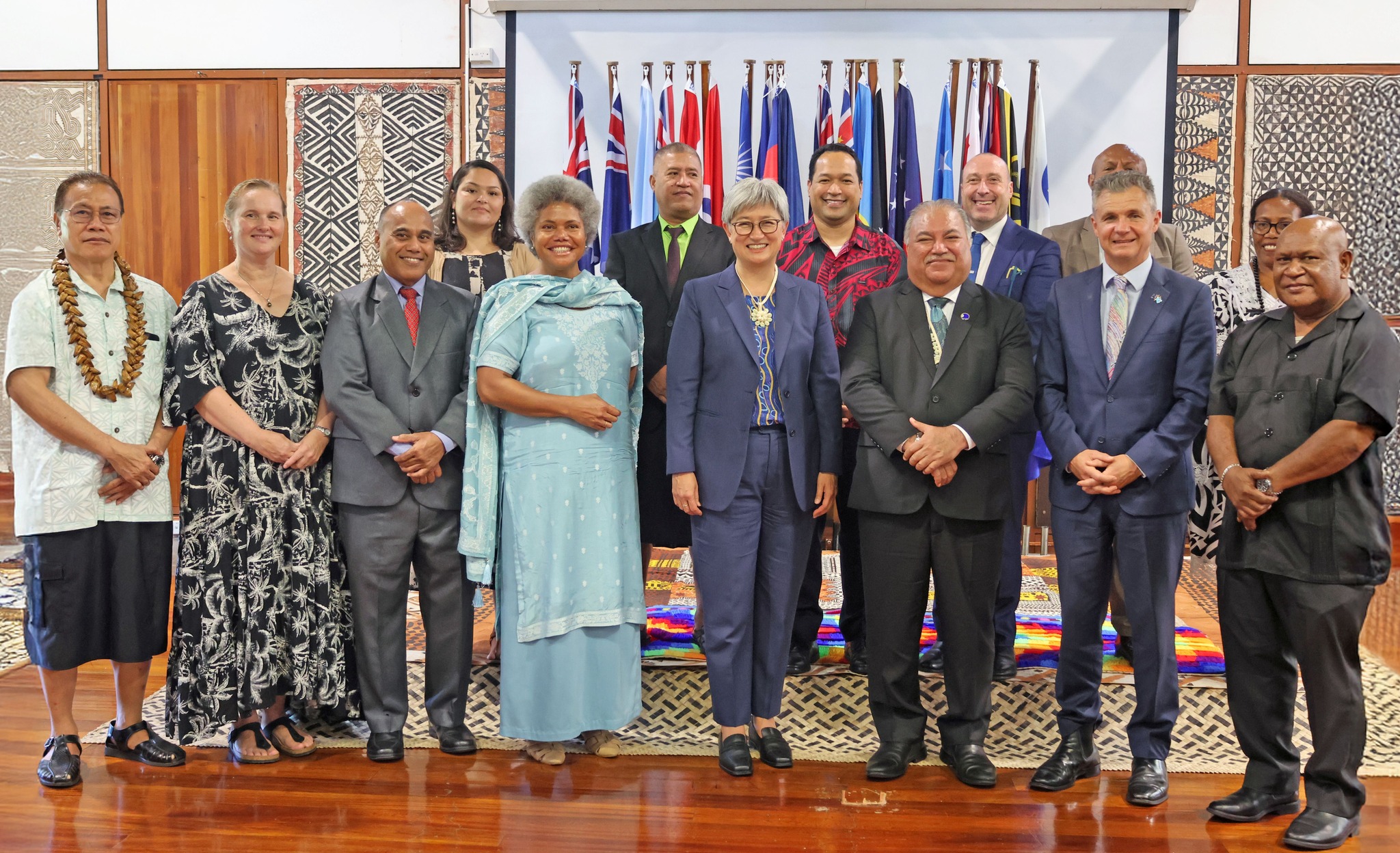Acting SG Esala Nayasi: photo credit PIF
ACTING Secretary General of the Pacific Islands Forum (PIF), highlighted a critical need for a united front against corruption in the Blue Pacific Continent.
Acting SG Esala Nayasi in his remarks in this week’s workshop in on “Tackling Corruption in the Pacific: Can Technology & Artificial Intelligence Facilitate a Breakthrough, said that such gathering offers a valuable platform to discuss strategies and explore technological advancements that could significantly enhance anti-corruption efforts across the region.
He said the workshop is not just an opportunity to delve into the collective approach for implementing the Teieniwa Vision, but also to assess the role of modern technology in supporting these efforts. The Teieniwa Vision, adopted by regional leaders in 2021, reflects a strong commitment to tackling corruption and promoting accountability throughout the Pacific.
Reflecting on last year’s 10th Conference of Parties on the Convention Against Corruption in Atlanta, Nayasi reiterated that corruption is a formidable barrier to progress, democracy, and economic development.
It erodes the rule of law and fosters criminal ecosystems, making the fight against corruption more critical than ever, especially amidst intensifying geopolitical competition and increasing criminal activities in the Pacific.
He stressed the urgent need to uphold good governance principles that ensure decision-makers are accountable and transparent. Robust institutions must prioritize national and collective interests, and accountability systems must be adequately resourced to function effectively.
“Addressing corruption is more important now than ever,” Nayasi said.
Nayasi acknowledged the clear regional commitment laid out in the 2050 Strategy for the Blue Pacific Continent and the Teieniwa Vision. The 2050 Strategy provides a long-term framework for regional cooperation, while the Teieniwa Vision emphasizes a unified commitment to fighting corruption and promoting Pacific unity.
He pointed out that the comprehensive implementation plan for the 2050 Strategy, issued in November last year, aligns seamlessly with the Teieniwa Vision Implementation Matrix endorsed in 2022, driving development efforts across the region.
He also highlighted the importance of political support at the national level to ensure the success of regional anti-corruption commitments. Participants were encouraged to use the workshop as an opportunity to share experiences, learn from each other, and strengthen their national approaches. Establishing support networks and leveraging assistance from friends, family, partners, and donors is crucial in this fight.
The workshop aims to explore how modern technology and artificial intelligence can facilitate the implementation of anti-corruption measures within the 2050 Strategy and the Teieniw Vision. Participants are encouraged to consider how these tools can enhance transparency, accountability, and the effectiveness of governance structures.
“We must continue to work together, recognizing our Leaders’ emphasis on the importance of regional cooperation and collaboration, towards realizing our collective aspirations under the 2050 Strategy.” Nayasi adds
He highlighted the critical role of anti-corruption focal points in harnessing political support and driving national efforts to complement regional commitments.
Therefore, the workshop in Fiji represents a significant step forward in the fight against corruption in the Pacific. By leveraging technology and AI, sharing best practices, and fostering collaborative networks, the Pacific Islands can strengthen their collective approach to achieving a corruption-free region. The commitment to good governance and the effective implementation of regional strategies are essential to ensuring sustainable development and a prosperous future for the Blue Pacific Continent.














